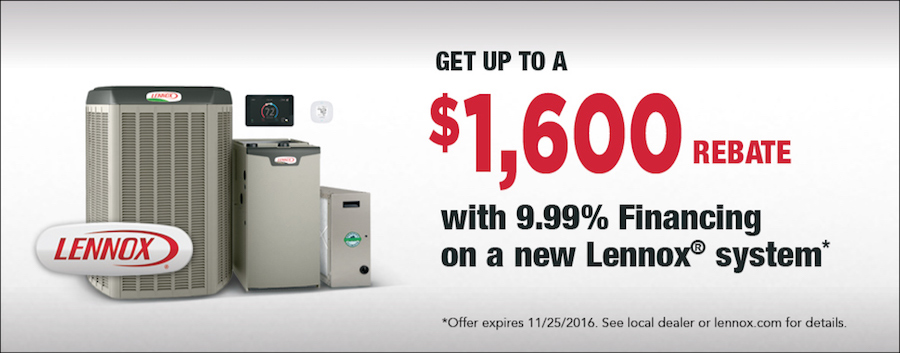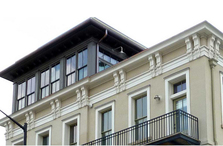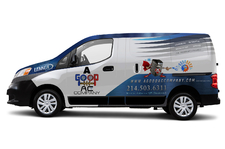
At A Good AC Company we offer quality, energy efficient cooling and heating systems and a service plan to fit your needs and budget. Our attention to service and quality is second to none. Where we're concerned, the customer always comes first and we constantly strive to exceed your expectations.
Take a tour of our site and learn about our product offerings and our service and finance options. We look forward to working with you. Mention visiting our website to get 10% off a Maintenance Plan Agreement.





